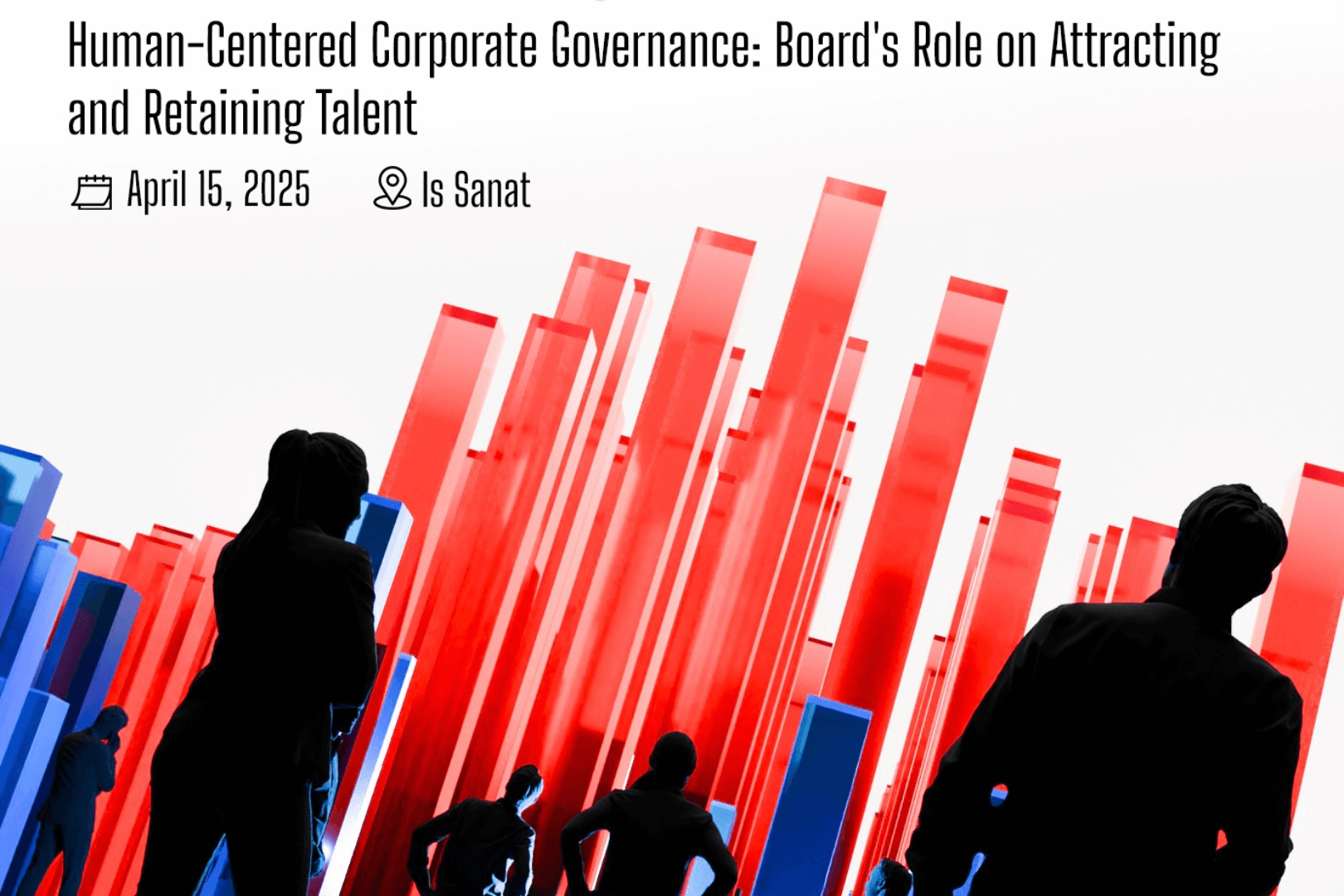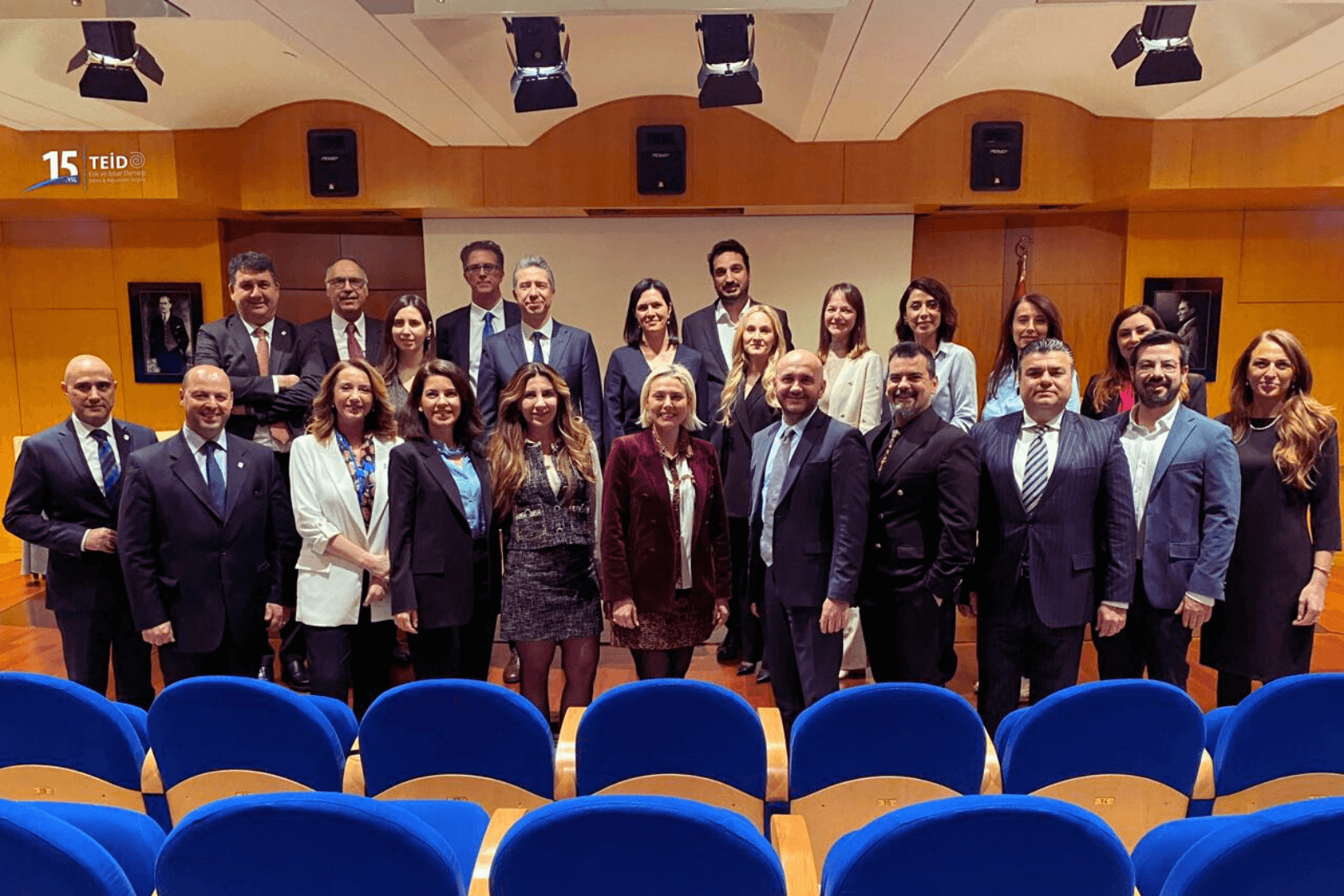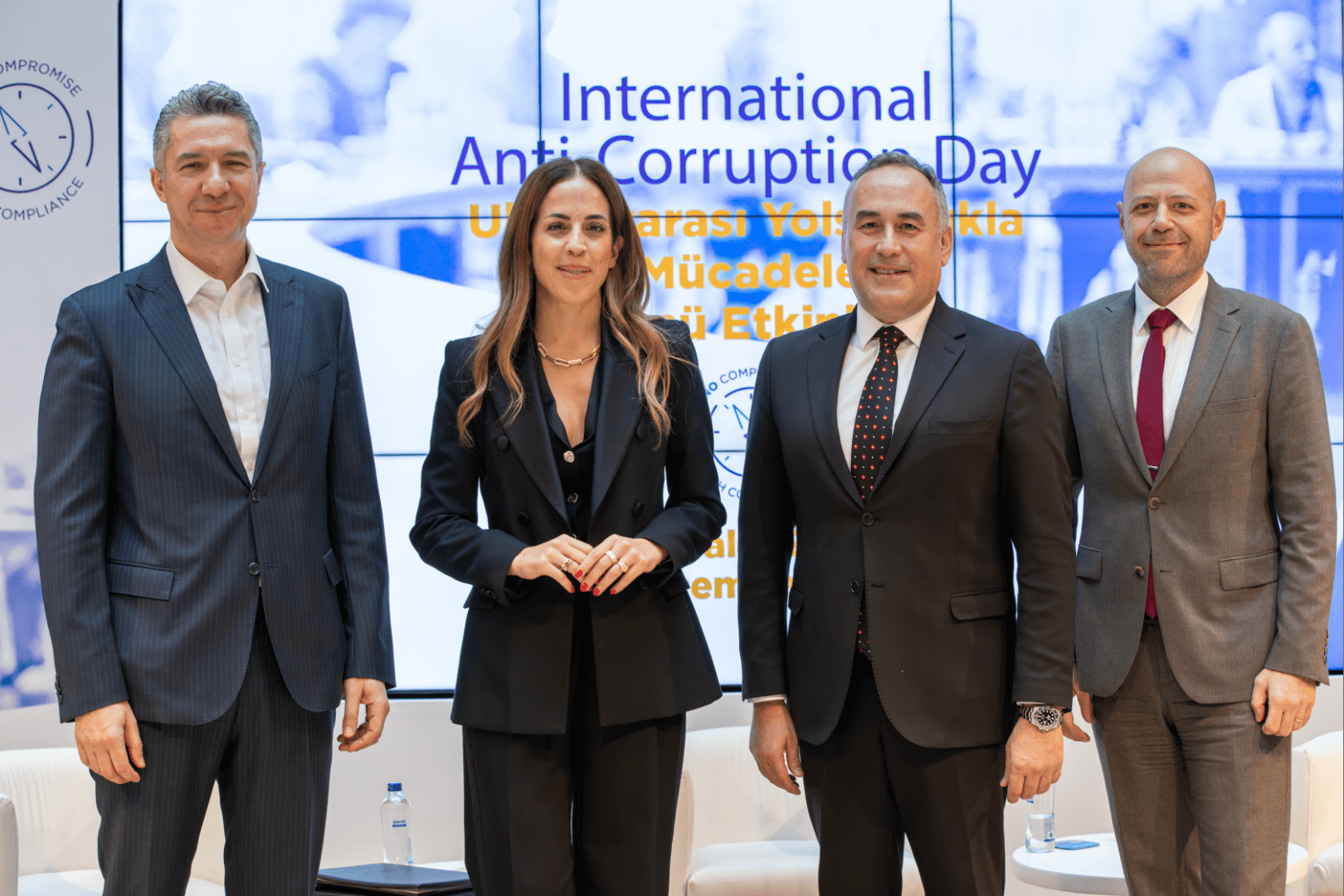

You are as strong as your weakest link.
Choosing an honest business partner isn’t just about ethics; it’s a critical determinant of commercial success. This decision profoundly impacts your company’s reputation, financial stability, and legal security.
Integrity is not just a choice but a necessity when selecting your business partner.
When selecting a business partner, integrity isn’t merely a preference; it’s a fundamental necessity.
Choosing an honest business partner isn’t just about ethics; it’s a critical determinant of commercial success. This decision profoundly impacts your company’s reputation, financial stability, and legal security.
Integrity in business partnerships fosters trust, cultivates enduring relationships, and ensures adherence to legal standards. Conversely, partnering with someone lacking integrity exposes your company to risks like corruption and bribery. These risks not only result in financial losses but also disrupt operations, demoralize employees, and tarnish the company’s reputation.
Moreover, international anti-bribery laws such as the FCPA and UKBA underscore the importance of selecting and managing business partners responsibly, holding companies liable for their partners’ actions.
Drawing on our extensive experience in investigation and corporate intelligence, Cerebra is well-equipped to aid you in managing third-party risks. Our services encompass comprehensive information gathering, third party auditing, and ongoing monitoring processes.
Contact Us









